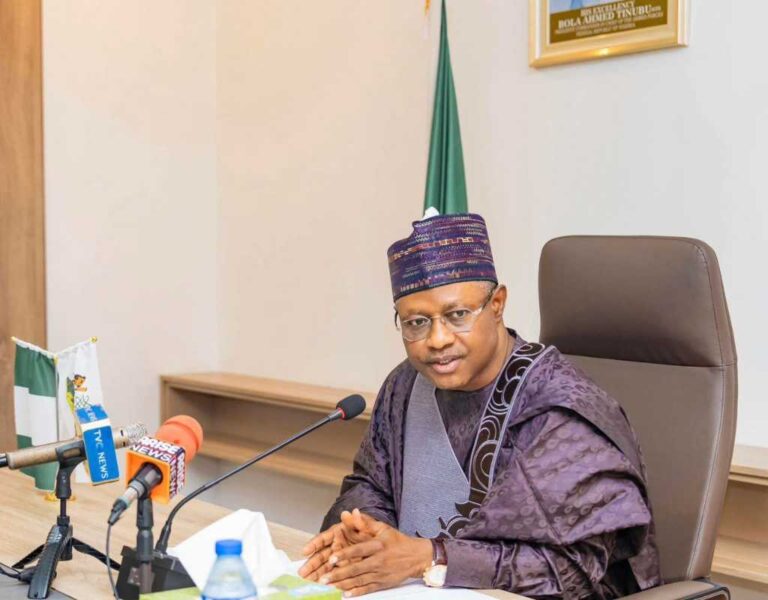The Kaduna state governor, Senator Uba Sani, on Friday announced ₦100 million for each of the state’s 255 political wards in the 2026 draft budget.
Disclosing this at a special town hall meeting for the public presentation of the budget, the governor said the decision was driven by citizens’ complaints and community feedback from last year’s town hall sessions, where residents detailed the huge development gaps across rural communities.
He said it became clear in 2024 that 12 of the state’s 23 LGAs had not benefitted from even one kilometre of road construction in 12 years, prompting a shift from top-to-bottom budgeting to a ward-by-ward development model that prioritises what people actually need.
The governor said decisions on how each ward’s ₦100 million will be spent “will no longer be taken by people on the high table,” stressing that the money “belongs to the communities and will be directed strictly by their priorities through structured citizen engagement.”
He noted that even at the state level, the administration had already demonstrated this principle by raising the water sector budget from ₦10 million to ₦100 million after citizens demanded more investment, insisting the people must decide how every kobo is deployed.
He listed dozens of ongoing road projects – many at between 90 and 95 per cent completion—including 24km inter-community links, a 35km road in Sanga, 22.5km in Soba, 24.7km in Zangon Kataf, and 14.2km in Igabi, among several others that will directly align with the new ward-based allocations.
On agriculture, Sani said wards with heavy farming populations would receive targeted interventions from their ₦100 million allocations, complementing ongoing state efforts such as the distribution of nearly 900 trucks of fertiliser to smallholder farmers.
He also cited Kaduna’s recent $250 million agro-industrial investment deal, supported by the Federal Government, as part of the strategy to ensure that investments in wards translate into market access, value- addition and higher rural incomes.








